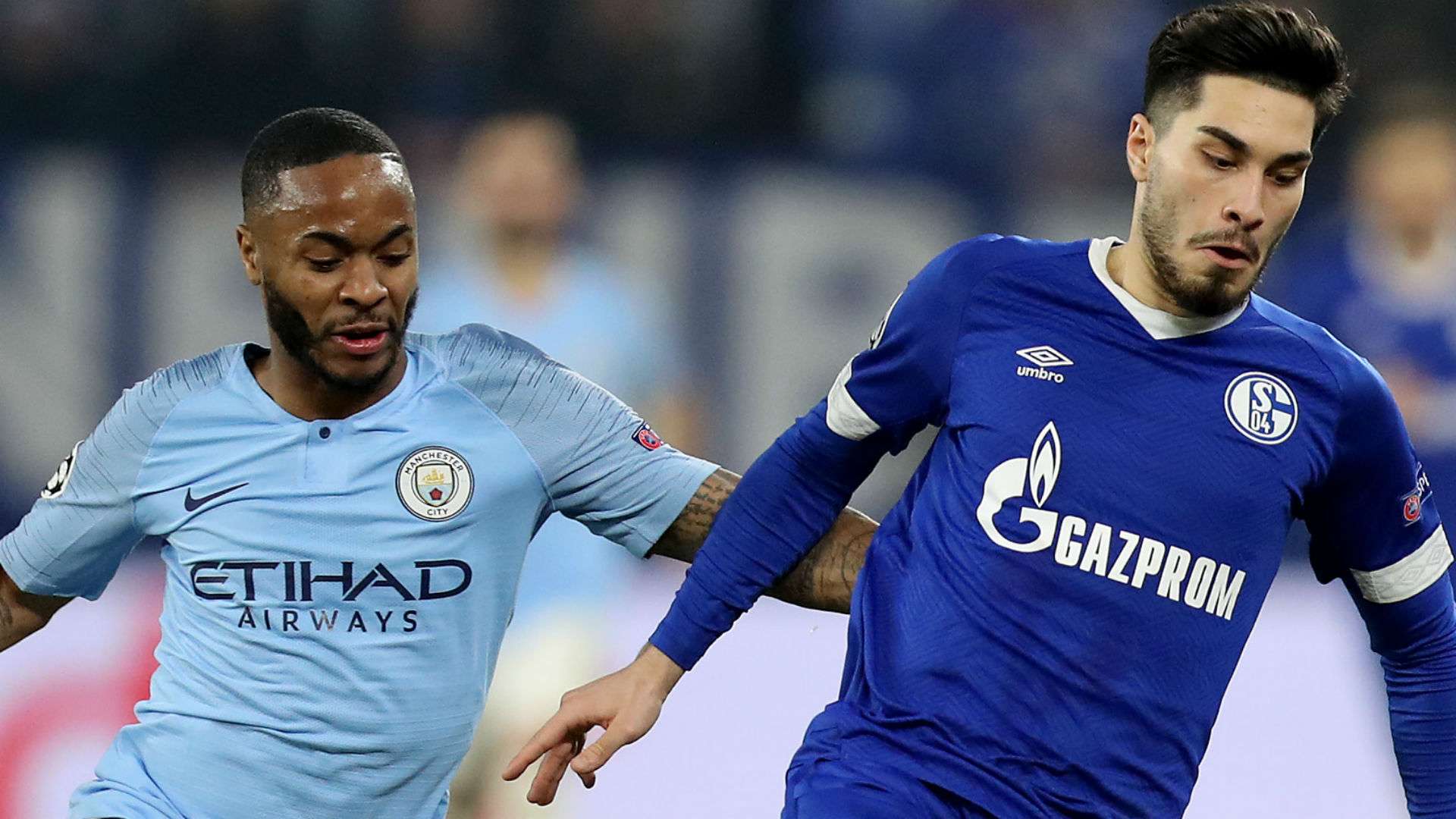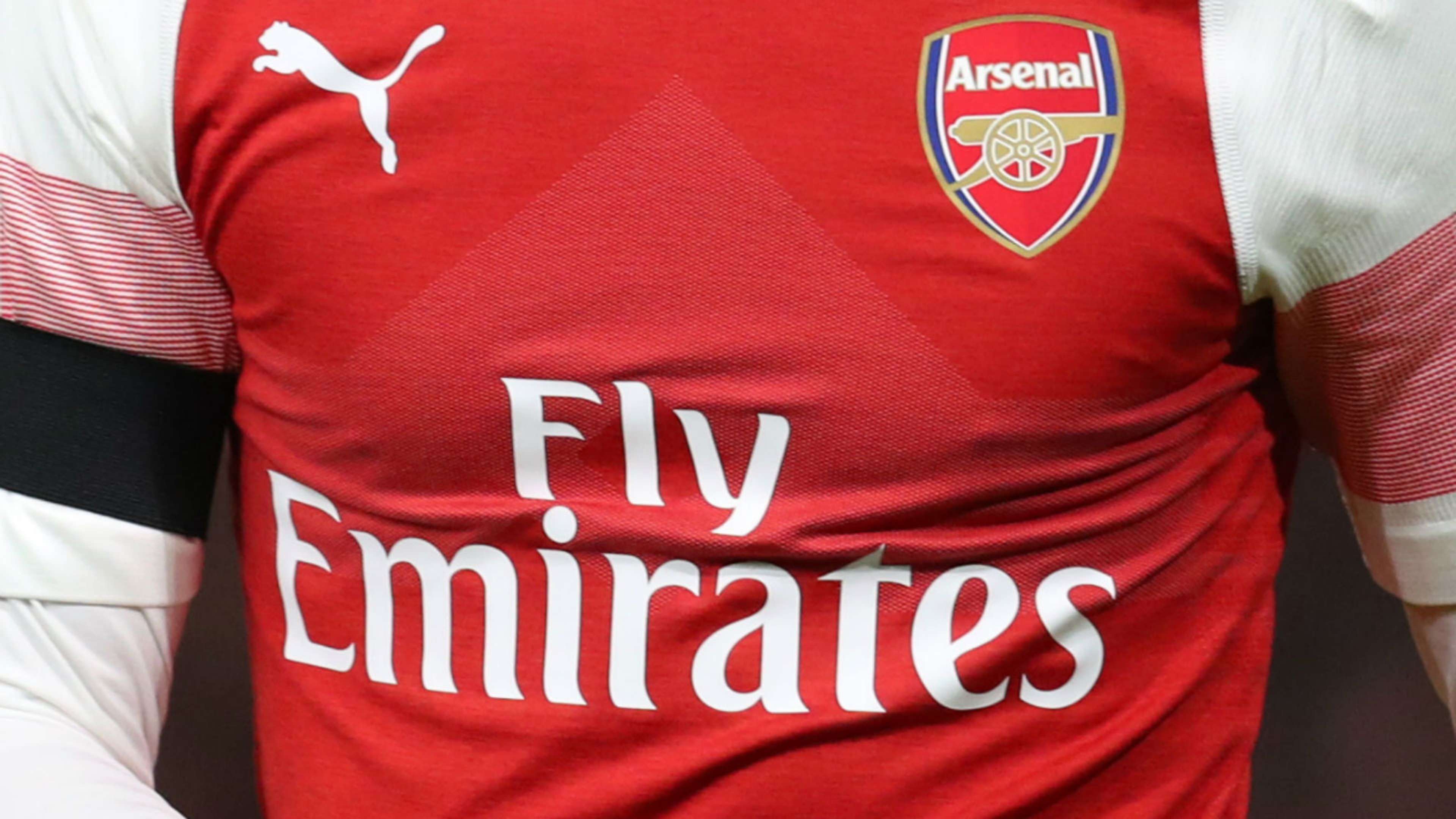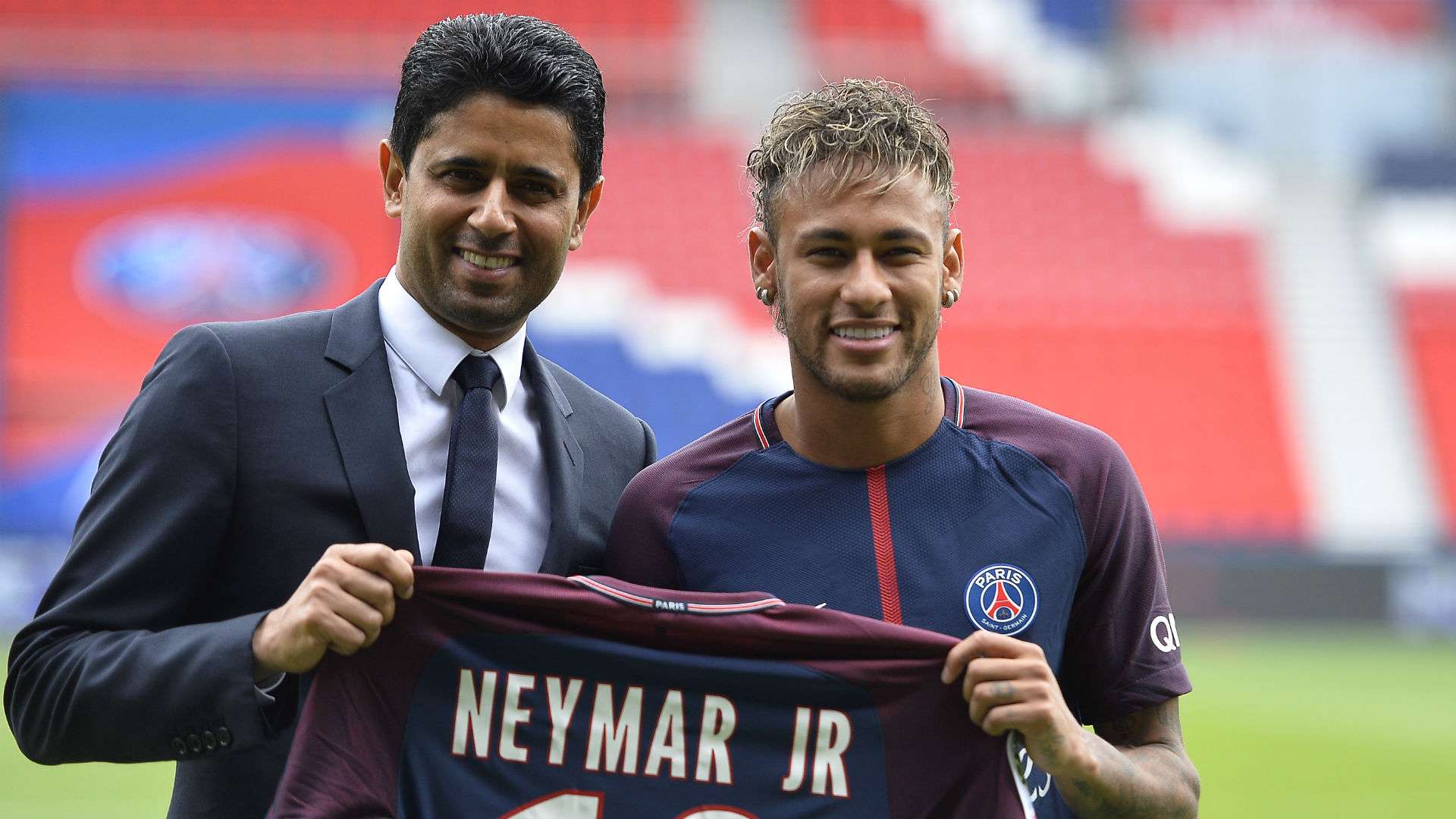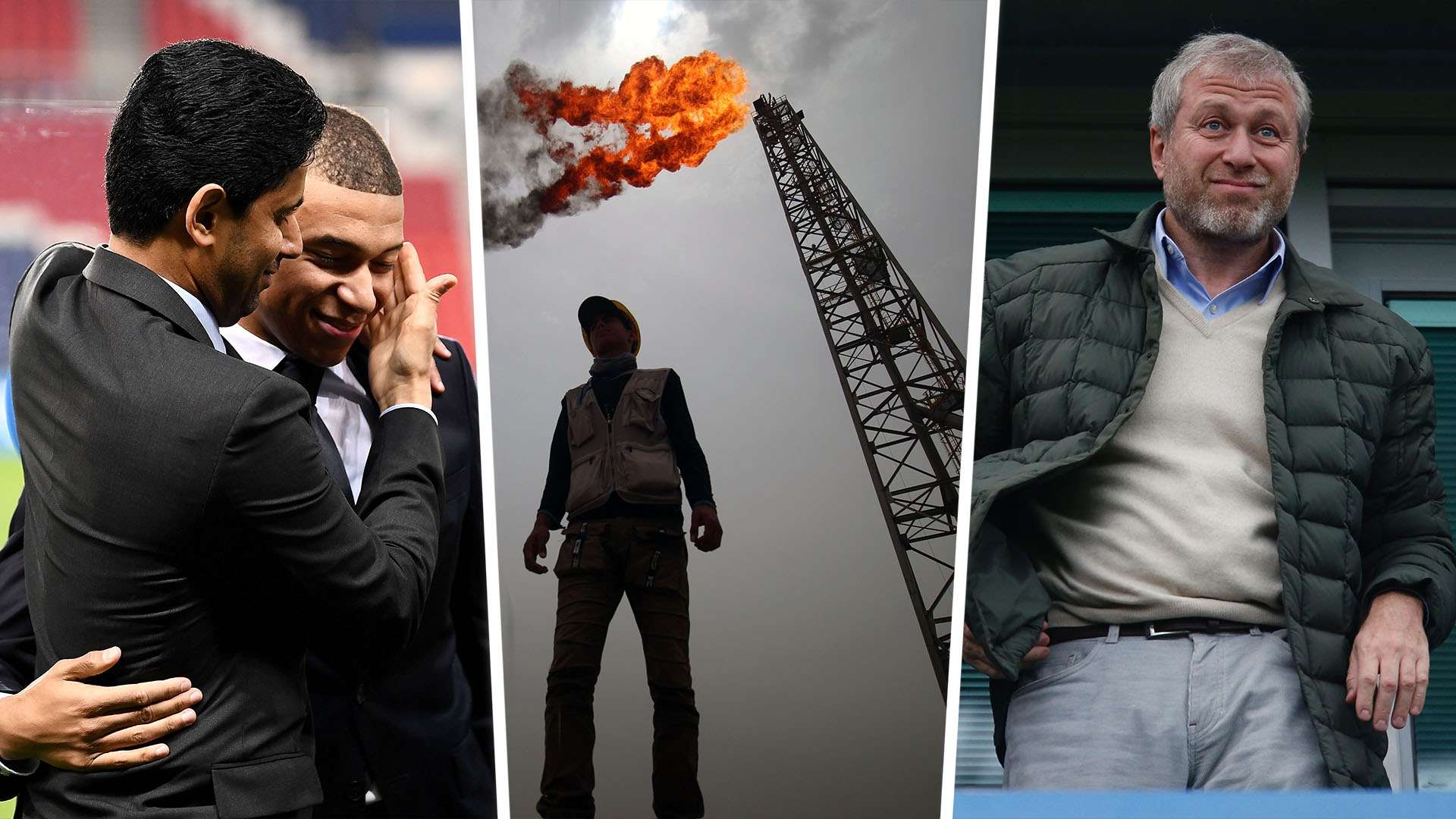Football has always been an alluring realm for millionaires, billionaires, mega-rich businesses and affluent individual investors.
The sport grants access to a unique global market and brings with it a certain level of prestige, particularly so when it comes to successful clubs.
Since the turn of the millennium there has been an influx of so-called 'oil money' into the game, with a number of clubs across the world benefitting.
But what exactly is 'oil money' and which clubs are on the receiving end of investment? Goal takes a look at the phenomenon.
What does 'oil money' mean?
Oil money, as the term suggests, is wealth that has been acquired through the petroleum industry.
Typically, this industry is focused on the extraction and refinement of crude oil in order to cultivate products such as gasoline, fuel oil and plastics.
Oil reserves can be found across the world, but the regions most commonly associated with the resource are the Middle East (including countries such as Saudi Arabia and the United Arab Emirates), Russia and North America.
Football clubs that are said to be run on oil money are those which have received investment from businesses involved in the petroleum industry or, more commonly, those which have been bought outright by groups or individuals whose financial clout emanates from their dealings in oil.
Which clubs benefit from oil money?

A number of clubs across the world benefit from oil money.
One of the earliest and most notable examples of a football club receiving a boost from the industry is Premier League club Chelsea, who were taken over by Roman Abramovich in 2003. The Russian businessman invested money into the Blues and helped to propel them towards success on the national and continental stages.
Bundesliga side Schalke have a long-standing deal with Russian state oil company Gazprom. The partnership, which sees Gazprom appear on the club's shirts and merchandise, was first established in 2007. In 2016, the sponsorship deal was extended until 2022, with Bild reporting that it was worth €150 million (£130m/$170m) to the Gelsenkirchen outfit.
Gazprom also owns Russian club Zenit, having taken over in 2005 and it has been a major sponsor of Serbian team Red Star Belgrade since 2010.
As well as owning and pumping money into clubs, Gazprom is also a notable sponsor of the Champions League. The partnership began in 2012 and the European governing body revealed in 2018 that it would be extended until 2021.
"Not only is Gazprom a leader in its field, it also has a long heritage in football," said UEFA spokesperson Guy-Laurent Epstein of the deal renewal. "We look forward to developing our relationship as we enter a new Champions League cycle."

Some of the biggest and most successful clubs in the world have had benefactors whose wealth is sourced from oil money. Real Madrid, Arsenal, AC Milan and Benfica, for example, are sponsored by the Emirates group, the Dubai-based business.
The same company is also sponsors Bundesliga side Hamburg, Greek outfit Olympiacos and American team New York Cosmos. Like Gazprom, Emirates has also extended its involvement in football to the sponsorship of competitions, becoming the name-sponsor of the FA Cup and also the Asian Football Confederation.
Manchester City are also funded by UAE money, with the Abu Dhabi-based City Football Group - headed up by Sheikh Mansour - owning the club. City's chief sponsor is Etihad Airways, which also gives its name to the club's home stadium.
 Getty Images
Getty Images
Qatar Airways, which is the state-owned airline of oil-rich Qatar, is another notable sponsor that can be seen on the shirts of Argentine giants Boca Juniors and Italy's capital club Roma. Barcelona previously had a sponsorship deal with Qatar Airways before switching to Japanese internet service provider Rakuten.
French giants Paris Saint-Germain are owned by the Qatar Sports Investment group and they are also sponsored by Fly Emirates.
Qatar itself is set to host the 2022 World Cup, so it is perhaps no surprise that the company is also a partner of FIFA's World Cup.
Oil money controversy in football
The increased investment of 'oil money' into football has not been without controversy.
Schalke, for example, have found themselves in a difficult position due to their association with Gazprom, which was locked in a tense political dispute with the European Union against a backdrop of violence in Ukraine and Syria.
Similarly, clubs who are owned by state-run companies from the Middle East or are sponsored by them, have come under pressure. Amnesty International has been vocal in its criticism of the UAE and also raised serious concerns about Qatar's treatment of migrant workers in the lead-up to the 2022 World Cup.
As well as those serious issues, the influx of 'oil money' into football has undoubtedly tilted the board in favour of those clubs who are now able to buy the best players in the world and maintain a stranglehold on the competitions in which they compete. While UEFA has introduced Financial Fair Play in a bid to level the playing field, it has been a fraught process.
Furthermore, when iconic institutions such as football clubs, which have long histories and traditions, are transformed into billionaires' playthings, it can have the effect of alienating supporters. While some may embrace the wealth and the success which often accompanies it, others lose their connection, and it leads to grassroots campaigns such as Against Modern Football.
As long as the oil industry is entangled in a socio-economic and political web, it is likely that controversy will never be too far away for clubs whose operations are lubricated by its wealth.




